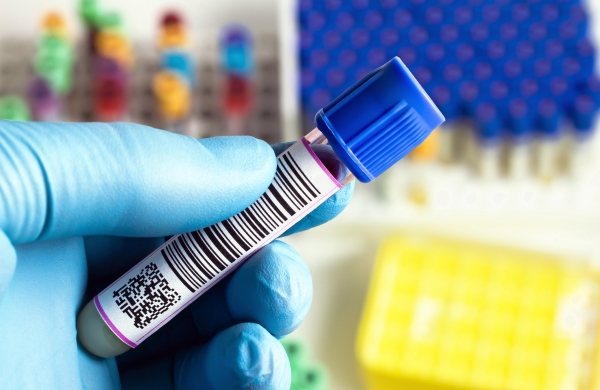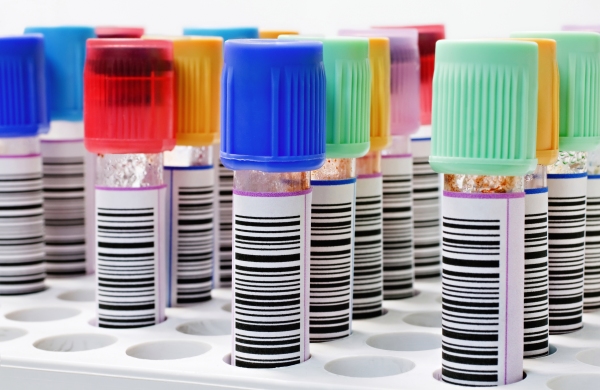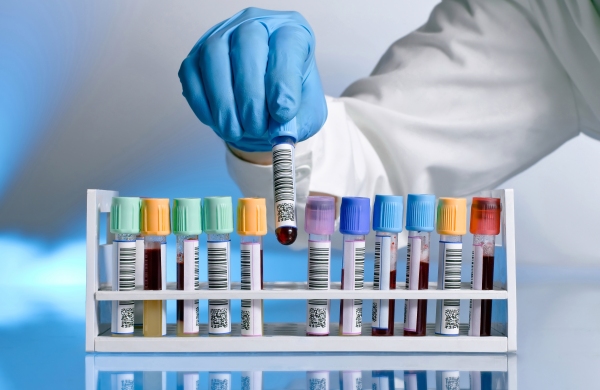
PSA Levels Explained
A normal PSA level
If your PSA level is not raised, you are unlikely to have cancer. No immediate action is needed, although you may have further PSA tests in the future. However, the PSA test doesn’t always pick up prostate cancer.
A slightly raised PSA level
Two out of three men with a raised PSA level will not have prostate cancer. If your PSA level is slightly higher than normal, you probably don’t have cancer but you might need further tests, including more PSA tests.
A raised PSA level
One out of three men with a raised PSA level will have cancer. The higher the level of PSA, the more likely it is to be a sign of cancer. If your PSA level is definitely raised, your GP will arrange for you to see a specialist for further tests to find out if you have prostate cancer.
PSA test alone cannot tell you whether you have prostate cancer. If the test shows your PSA levels are raised, your doctor may suggest you have a digital rectal examination (DRE). This is an examination of the prostate gland, during which a doctor will insert a gloved finger into your rectum.
No screening
As there is currently no prostate cancer screening programme on the NHS The Graham Fulford Charitable Trust was set up to provide a level of support for men who would otherwise not have been aware of the risks of Prostate Cancer.
The DRE (Digital Rectal Exam) checks for signs of prostate cancer, such as the prostate gland feeling hard. However, a gland that feels normal does not necessarily mean you don't have cancer.
Many early cancers may not be detected by a DRE. Therefore, a DRE is not recommended as a substitute for the PSA test.
Your doctor will also consider your age, any family history of prostate cancer, your ethnic background and any previous PSA test results.
In some cases, extra PSA tests may help make the situation clearer or show any changes.
Source: NHS Choices

A Guide for Men Considering a PSA Test
The PSA test is a simple blood test used to help detect prostate cancer. In its early stages, prostate cancer generally produces no symptoms, so it is important to diagnose the disease before symptoms arise and while it is still potentially curable. A recent trial suggests that treating prostate cancer may significantly prolong a man’s life.
A high level of PSA (usually 10 ng/ml & above) is likely to be an indication of prostate cancer and should therefore prompt further investigation.
A moderately raised PSA level (usually 4 ng/ml & above, dependant on age) means that other factors, including digital rectal examination, ethnicity family history, prostate volume, PSA history, and free to total PSA ratio, should be considered in determining whether to send a man for further tests such as biopsy.
However, in three quarters of such cases, further tests do not detect cancer. There can be other reasons for a moderately elevated PSA¸ e.g. urinary infection, enlarged prostate etc. and these may need treatment.
Prostate cancer is not always aggressive or life threatening. Even if further tests do detect early-stage prostate cancer, a specialist may not be able to tell whether the condition is life threatening or harmless. This may make treatment choices difficult for both patient & clinician.
All of these factors have led to the current controversy over the value of the PSA test, however, the uncertainties may be reduced by men having a regular test, ideally on an annual basis.
Regular monitoring of PSA levels can highlight any significant or gradual increase, so that even when the PSA is within the 'normal' range, one maybe alerted to the need for further investigation.

PSA Test Results
Our results are overseen by a team of practising and retired urologists who analyse the results and then sends each man a green, amber or red letter with the results.
Letters are sent out via email or post, depending on which option chosen when test performed.
The red letters are followed up after 6 months and the amber letters after 12 months.
Free to Total PSA result
A standard PSA test measures the total PSA in the blood. But PSA has different forms. It can either be Bound – attached to a protein in the blood Free – not attached to a protein.
The Free to Total PSA test result is currently provided via GFCT supported events where the PSA test score is over 1.5. Many other supporting groups also provide a Free to Total score too.
The Free to Total ratio can be used as another tool in potential diagnosis and is added (where available) to the result letter sent.
If you have chosen to have a test at one of our events, then you will have selected the method in which we will notify you of your results. Do allow up to 10 to 14 days for the test results to be processed, but we hope this can be processed at less busy times within a few days. Once you have received your notification that your test result is available you will be able to login to our website to find out more details. If you have not received your result within 3 weeks after the event date, please contact us for further assistance.
Your first PSA test result is often referred to as a baseline or marker result, it lays down what your PSA level is and any further tests you have it provides a comparison. Unless the result is high, a one-off test is of little value, you should repeat the test once the baseline is known, how regularly depends on you result. It is important to keep a record of your results so you can compare and see if there is any increase or reduction. Doctors will look at the rate of a rising PSA (velocity) comparing it with prior test results. As the PSA number goes up, the chance of cancer being present increases.